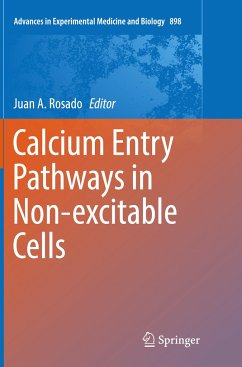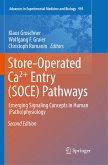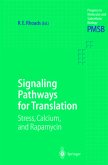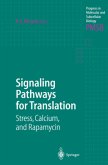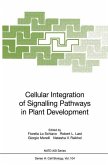Calcium entry pathways in non-excitable cells presents a concise synthesis of thoughtfully selected topics covering from the different calcium entry mechanisms in non-excitable cells to the cellular microdomains and organelles regulating the calcium entry process. Particular attention is given to the fascinating group of ion channels involved in different calcium entry pathways as well as the emerging role of these channels in human disease. Calcium entry is an essential mechanism for cellular function in non-excitable cells. In general, two main calcium entry pathways exist in non-excitable cells: one pathway, named store-operated calcium entry (SOCE) requires store depletion and the second pathway is regulated by receptor occupation, but independently on calcium store depletion. The search for the molecular components of calcium entry has identified the stromal interaction molecule 1 (STIM1), as the calcium sensor of the intracellular calcium stores, and Orai as well as TRP channelsas the calcium-permeable channels located in the plasma membrane. The location, interactions and function of these channels are finely regulated by a number of scaffolding proteins, membrane microdomains and cellular organelles that fine tune the amount of calcium entering the cell. Cutting-edge and user-friendly, this volume presents relevant background information, critical analysis of the current observations and directions for future research. The book is intended for basic scientists specializing in cellular biology or ion transport, as well as for biomedical researchers.
Bitte wählen Sie Ihr Anliegen aus.
Rechnungen
Retourenschein anfordern
Bestellstatus
Storno

